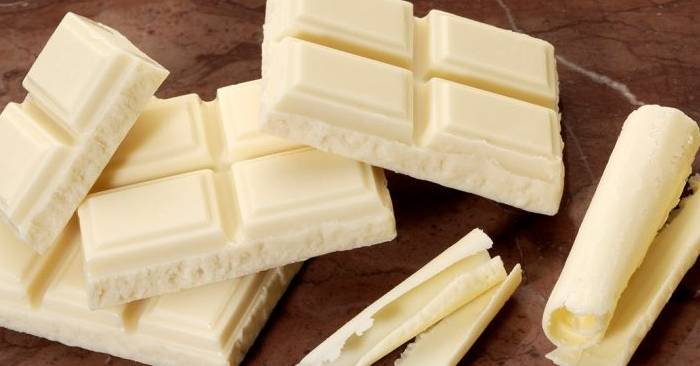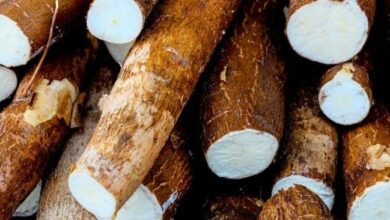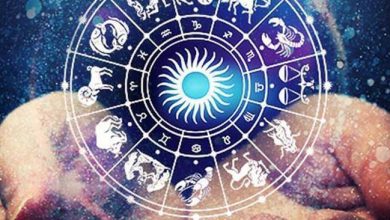Debating White Chocolate: Is It Truly Chocolate?

The classification of white chocolate as “chocolate” sparks debate within the culinary world due to its unique composition. Unlike dark and milk chocolates, which contain cocoa solids, white chocolate primarily consists of cocoa butter, sugar, milk solids, and flavorings like vanilla. While it shares cocoa butter with other chocolates, its lack of cocoa solids prompts some to argue against its categorization as true chocolate. Regulations in various countries mandate a minimum cocoa butter content for products labeled as “white chocolate,” distinguishing it from other confectionery items. Despite this, white chocolate’s absence of cocoa solids, which contribute to chocolate’s distinctive flavor and nutritional benefits, leads to ongoing discussions about its classification.
The origins of white chocolate trace back centuries, with its modern incarnation evolving through experimentation by chocolatiers and confectionery manufacturers. Swiss chocolatiers played a pivotal role in its development, with brands like Nestlé introducing iconic white chocolate products like Milkybar in the 1930s. While white chocolate may lack some of the health benefits associated with dark chocolate due to its lower cocoa content, it still offers enjoyment as a creamy, sweet confection. While opinions on whether white chocolate qualifies as “real chocolate” may vary, its popularity and versatility in culinary applications persist, making it a beloved treat for many.






